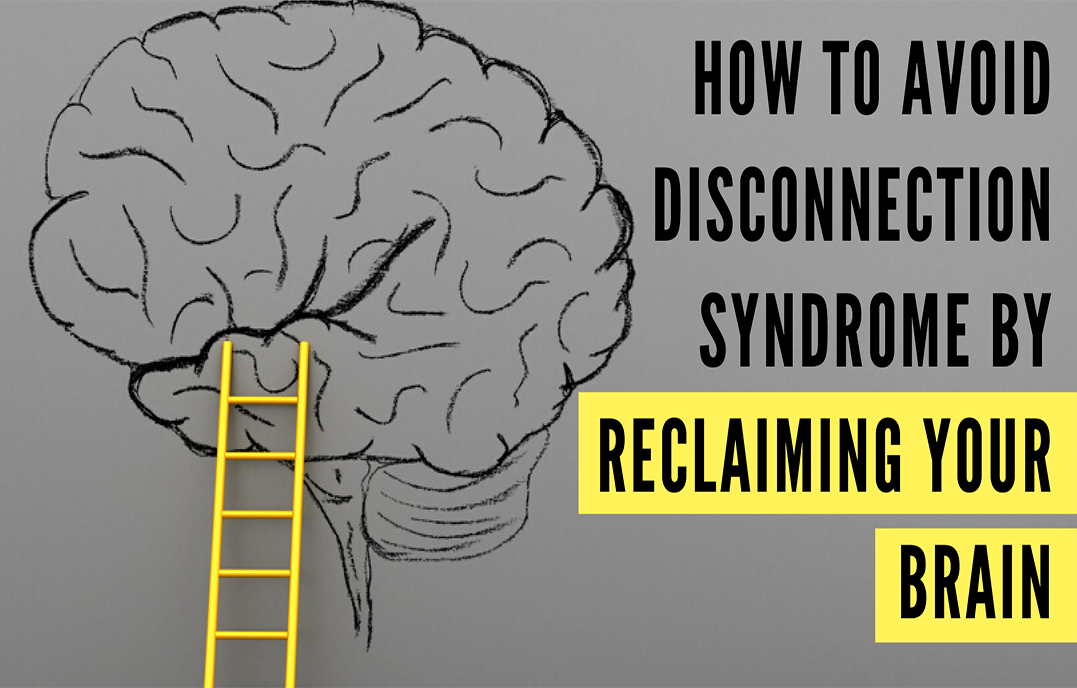In 1960’s America, hairstyles were getting longer, trust in institutions was getting thinner, and drug use was on the rise. The “turn on, tune in, drop out” counterculture movement popularized by Timothy Leary terrified parents, pastors, and politicians alike as experimental drugs like LSD spread from research labs to the city streets. Some psychologists turned to researchers to conduct experiments on rats to prove that exposure to these psychoactive drugs led directly to addiction and death.
The researchers took up the cause. They had labs filled with rats that were kept in what were known as Skinner Boxes where they could neither see nor touch other rats. The only visual stimulation they got was seeing the people who brought them food and water and cleaned the metal pans under their cages every few days. The researchers offered the rats the choice between drinking plain water from a bottle or another bottle of water laced with drugs like heroin, morphine, amphetamine, and cocaine. The rats quickly became addicted. They consumed large amounts of the drug-laced water until they overdosed and died. The researchers confidently concluded that the drugs were irresistibly addictive and deadly to rats, and by extension, to humans. The mass media, in turn, reported that irresistibly addictive drugs could not be allowed to circulate in human society.
In the 1970’s, American psychologist, Dr. Bruce Alexander, questioned these findings. “What if the rats were offered the same drugs in a different environment?” he wondered. Rats were naturally social creatures. Maybe they had turned to the drugs to overcome the abject isolation and lack of stimulation. Alexander and his colleagues created “rat parks” where rats lived with others and were free to play and socialize and were given the same access to the same drugs as those in the Skinner Boxes. The “rat park” rats remarkably preferred the plain water over the drug-laced water. Even when they did imbibe from the drug-laced bottles, they did so intermittently, not obsessively, and never overdosed.
Connection with a social community beat the power of drugs.
In their new book, Brain Wash: Detox Your Mind for Clearer Thinking, Deeper Relationships and Lasting Happiness, Drs. David and Austin Perlmutter suggest that humans are becoming as isolated as the rats in Skinner Boxes. Since the beginning of the 21st century, the explosion of highly addictive personalized technology has caused us to turn away from community and toward irresistible short-term pleasures. Every time we give in to the addictive impulse, our brain gets a little hit of dopamine. And every time our brain gets a hit of dopamine, as Berkeley Professor Dacher Keltner shared in The Power Paradox, our ability to empathize with others gets suppressed.
As leaders, it is our job to connect with what is meaningful, not what is convenient. It is our job to stop the endless swipe, the bottomless scroll, to put down the screens between ourselves and others and start conversations. Our job is to step out of our hyper-personalized world that feeds us information that we’re predicted and programmed to like and connect with people who are different from ourselves.
Starting now, you can either reclaim your brain or give in to the addiction of disconnection.
Question: Have you noticed that while we’ve been upgrading our technology we’ve been downgrading humanity?
Driven by the premise that excellence is the result of aligning people, purpose and performance, Center for Executive Excellence facilitates training in leading self, leading teams and leading organizations. To learn more, subscribe to receive CEE News!




